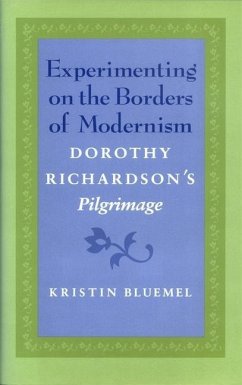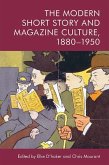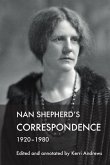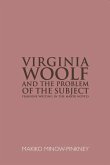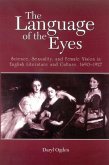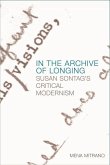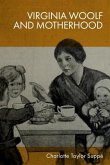As one of the first English novelists to employ "stream of consciousness" as a narrative technique, Dorothy Richardson ranks among modernism's most important experimentalists, yet her epic autobiographical novel "Pilgrimage" has rarely received the kind of attention given to the writings of her contemporaries James Joyce, Virginia Woolf, and Marcel Proust. Kristin Bluemel's study explores the relationship between experimental forms and oppositional politics in "Pilgrimage," demonstrating how the novel challenged the literary conventions and cultural expectations of the late-Victorian and Edwardian world and linking these relationships to the novel's construction of a lesbian sexuality, its use of medicine to interrogate class structures, its feminist critique of early-twentieth-century science, and Richardson's short stories and nonfiction.
Hinweis: Dieser Artikel kann nur an eine deutsche Lieferadresse ausgeliefert werden.
Hinweis: Dieser Artikel kann nur an eine deutsche Lieferadresse ausgeliefert werden.

